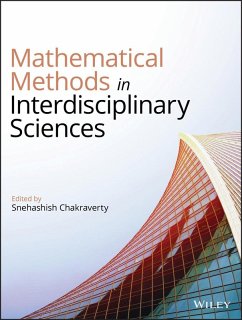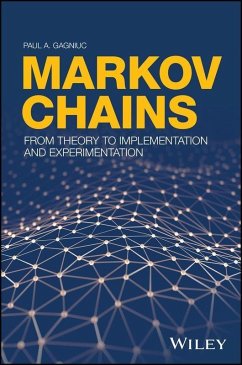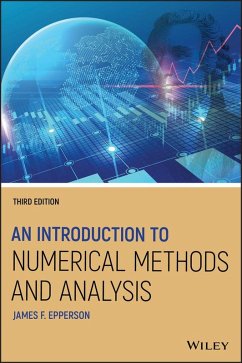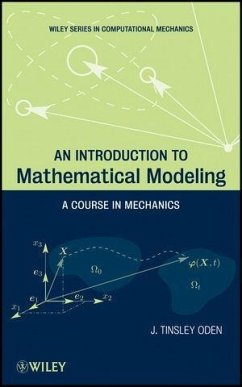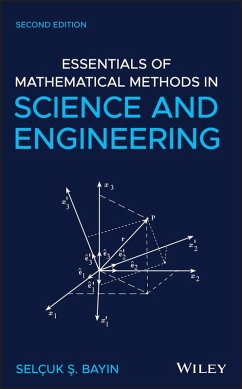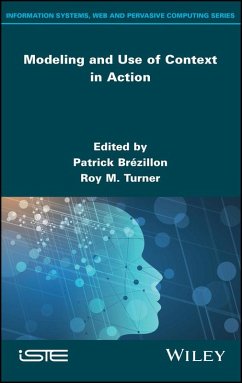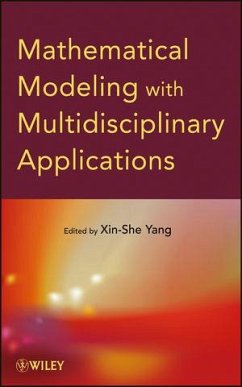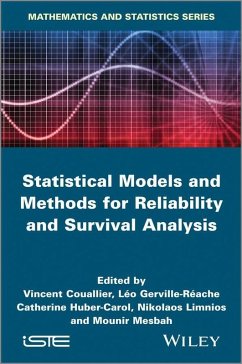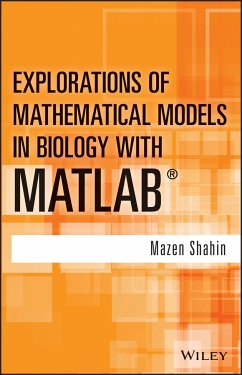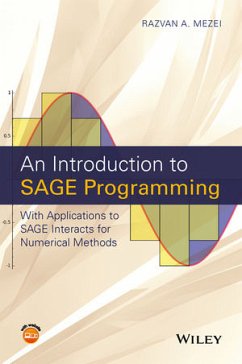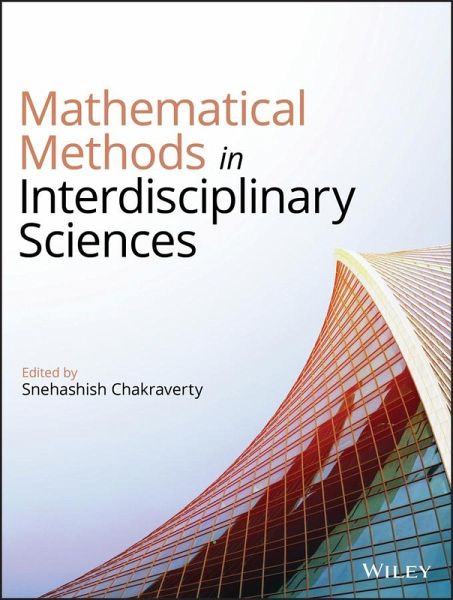
Mathematical Methods in Interdisciplinary Sciences (eBook, PDF)
Versandkostenfrei!
Sofort per Download lieferbar
107,99 €
inkl. MwSt.
Weitere Ausgaben:

PAYBACK Punkte
0 °P sammeln!
Brings mathematics to bear on your real-world, scientific problems Mathematical Methods in Interdisciplinary Sciences provides a practical and usable framework for bringing a mathematical approach to modelling real-life scientific and technological problems. The collection of chapters Dr. Snehashish Chakraverty has provided describe in detail how to bring mathematics, statistics, and computational methods to the fore to solve even the most stubborn problems involving the intersection of multiple fields of study. Graduate students, postgraduate students, researchers, and professors will all ben...
Brings mathematics to bear on your real-world, scientific problems Mathematical Methods in Interdisciplinary Sciences provides a practical and usable framework for bringing a mathematical approach to modelling real-life scientific and technological problems. The collection of chapters Dr. Snehashish Chakraverty has provided describe in detail how to bring mathematics, statistics, and computational methods to the fore to solve even the most stubborn problems involving the intersection of multiple fields of study. Graduate students, postgraduate students, researchers, and professors will all benefit significantly from the author's clear approach to applied mathematics. The book covers a wide range of interdisciplinary topics in which mathematics can be brought to bear on challenging problems requiring creative solutions. Subjects include: * Structural static and vibration problems * Heat conduction and diffusion problems * Fluid dynamics problems The book also covers topics as diverse as soft computing and machine intelligence. It concludes with examinations of various fields of application, like infectious diseases, autonomous car and monotone inclusion problems.
Dieser Download kann aus rechtlichen Gründen nur mit Rechnungsadresse in A, B, BG, CY, CZ, D, DK, EW, E, FIN, F, GR, HR, H, IRL, I, LT, L, LR, M, NL, PL, P, R, S, SLO, SK ausgeliefert werden.




